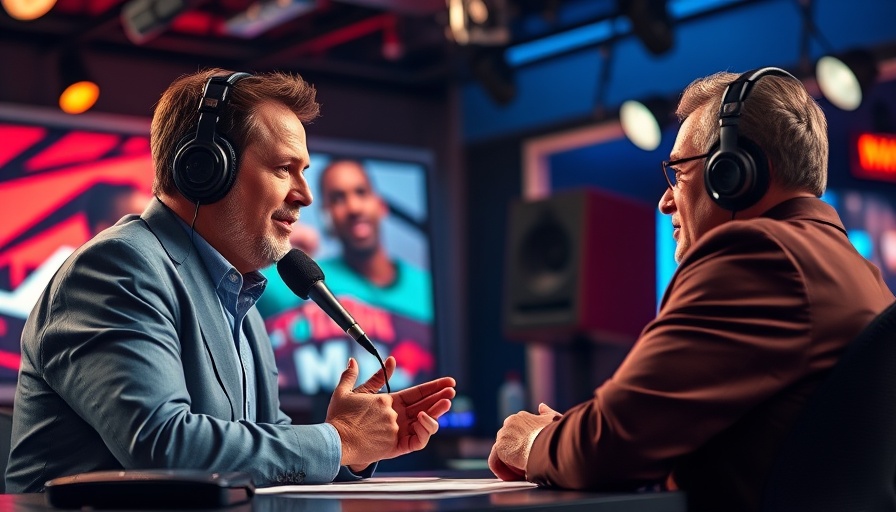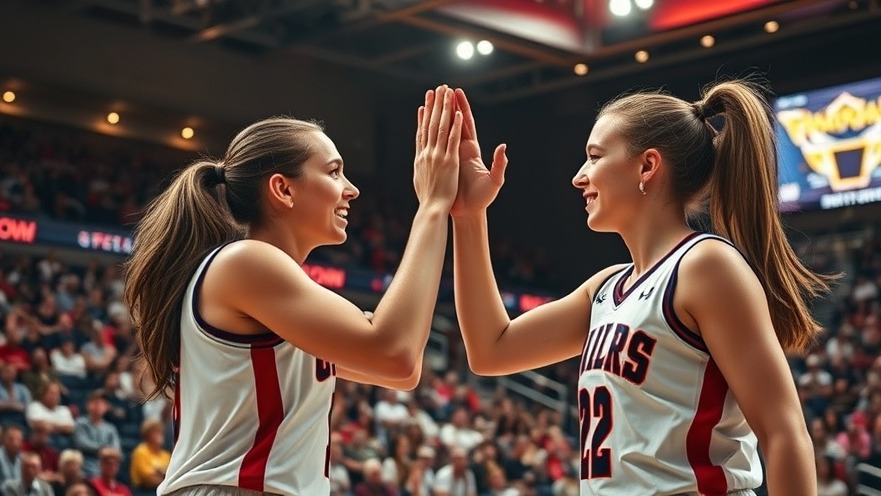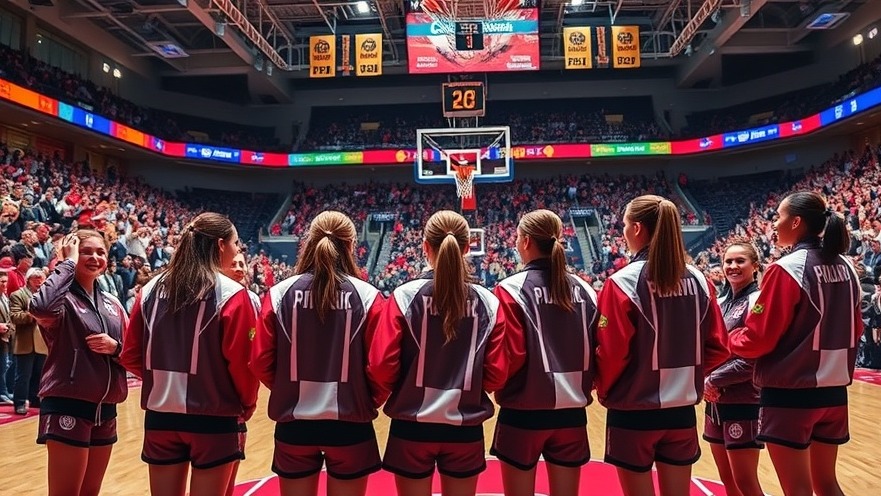
The Collusion Scandal: A Deeper Look at the NFLPA's Response
The NFL Players Association (NFLPA) is currently navigating turbulent waters due to allegations of collusion within its ranks, particularly revolving around executive director Lloyd Howell. In a recent episode of The Dominique Foxworth Show, host Dominique Foxworth and his guest delved into the implications of these developments for players and the broader association. As the NFLPA stands firm in its support for Howell amidst the controversy, players are left to grapple with trust issues and the future of their union.
In 'Breaking down the latest on the NFL collusion scandal & what's next,' the discussion highlights key aspects of the NFLPA's situation, prompting further analysis of its implications for players and the league.
Understanding the Union's Duty
Foxworth, a former NFLPA leader, emphasizes the critical role that the union plays in protecting its members, arguing that their job isn't only about defending individual players under scrutiny but is fundamentally about upholding the integrity of the process. This distinction is vital, especially in a league as complex and multifaceted as the NFL. Players often assume that the union should act swiftly in crisis situations, yet Foxworth urges caution, reminding everyone that a hasty response could undermine the structural integrity that players depend on now and in the future.
Player Support Amidst Uncertainty
The ongoing support from the NFLPA executive committee for Howell signifies a deeper commitment to procedural integrity rather than a reflexive defense of Howell himself. The committee's statement explicitly categorically rejects any doubts regarding its leadership and reaffirms its trust in Howell's guidance despite the scrutiny surrounding his leadership.
Potential Outcomes: Hope or Hesitance?
As the investigation unfolds, the concern remains whether this is a calculated stall tactic or a genuine effort to protect the players' interests effectively. With significant pressure from both the public and media, the players may find themselves at a crossroads—deciding whether to rally around Howell or push for change. The real concern is the potential fracturing of trust within the union's ranks and the long-term implications it holds moving forward.
What Does This Mean for Players?
For players, the fear of their interests being compromised is palpable. As recent events have shown, trust in leadership is critical to maintaining player morale and unity. With college football on the rise and intensifying competition for NFL spots, players' focus is split between their performances on the field and the political maze within their union. Understanding these dynamics is essential for providing the appropriate context for upcoming decisions, especially as robust discussions about NFLPA credibility gain momentum.
Looking Forward: A Unified Union?
Moving into the 2025 season, the ability for the NFLPA to maintain unity and clarity will be more crucial than ever. The potential ramifications of a divided union could be disastrous, resulting in a loss of confidence from players and a weakening of their collective bargaining power as they face bigger challenges from the league. As conversations about team combinations and potential trades heat up, the backdrop of the collaboration and confidence in the union must remain a priority for the players.
This moment in the NFL counterpoints the critical balance between leadership, representation, and accountability. Fans and players alike are left pondering, how will the NFLPA harness this crisis to evolve into a stronger organization? In the world of professional sports, scrutiny often leads to opportunity. Perhaps this will galvanize the next wave of leadership to rise from within, prioritizing transparency and the players' stakes.
 Add Element
Add Element  Add Row
Add Row 



 Add Row
Add Row  Add
Add 


Write A Comment